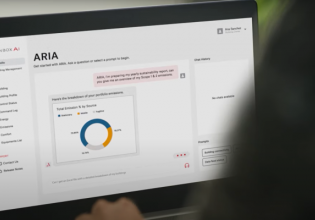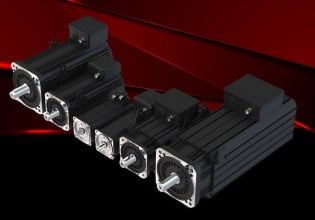M
I'm getting the impression that "ModBus over TCP" (as opposed to ModBus TCP) is not a a formal standard - all I can find about it is that it is "a ModBus RTU message transmitted with a TCP/IP wrapper and sent over a network".
But ModBus RTU relies on idle gaps on the serial line to delimit frames, and this is not transferable to TCP/IP, where packets may meet variable delays.
And they can't be delimited by the TCP packet either, as these may get split up during transport.
So how are message frames delimited in "ModBus over TCP"?
But ModBus RTU relies on idle gaps on the serial line to delimit frames, and this is not transferable to TCP/IP, where packets may meet variable delays.
And they can't be delimited by the TCP packet either, as these may get split up during transport.
So how are message frames delimited in "ModBus over TCP"?





